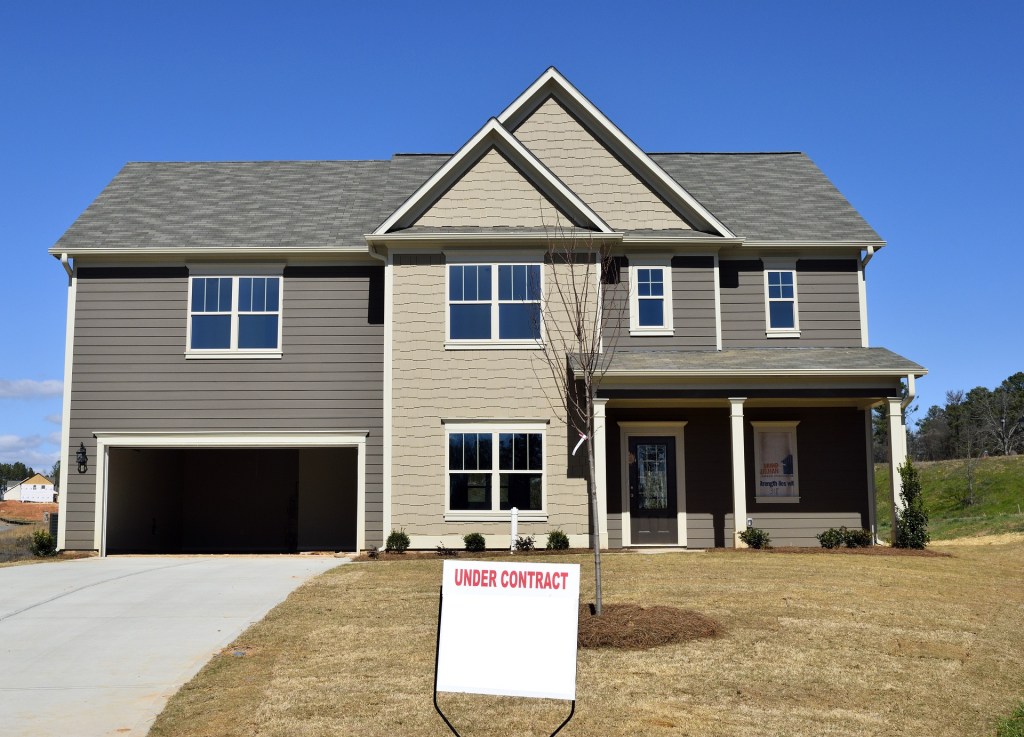7481 Woodbine Ave #203, Markham, ON L3R 2W1 (647) 806-8188
Copyright © 2021 CondoTrend. All rights reserved.

As mortgage rates reach their highest levels in over a decade, Canadians are increasingly considering the length of their mortgage term in addition to securing the best rate. With the expectation that interest rates may decrease in the coming years, many homeowners and prospective buyers are opting for shorter terms to take advantage of potential rate reductions. While this strategy carries its own set of considerations, borrowers are recognizing the potential benefits of shorter-term mortgages in the current market climate. Let’s explore this trend and its implications for borrowers.
Traditionally, a five-year term was the standard for most homebuyers in Canada. However, Samantha Brookes, CEO of Mortgages of Canada, highlights a shift towards shorter terms as the Bank of Canada began raising interest rates last year. The rationale behind this trend lies in the anticipation that interest rates will decrease in the future, allowing borrowers to benefit from lower rates and more affordable payments.

The term of a fixed-rate mortgage represents the duration of the contract, during which the borrower enjoys a set interest rate. When the term expires, borrowers must either repay the loan or renew the mortgage for a new term at prevailing rates. It is important to differentiate the term from the amortization period, which refers to the total time taken to repay the loan.
As the Bank of Canada gradually raised its trend-setting interest rate target, mortgage rates followed suit. Currently standing at 4.75 percent, the central bank’s policy interest rate has significantly increased from its 0.25 percent level at the beginning of last year. Consequently, discounted five-year mortgage rates in Canada have reached their highest level since early 2009. Homeowners who secured five-year mortgages five years ago are now facing higher rates upon renewal.
Data from the Canada Mortgage and Housing Corp. reveals that fixed-rate mortgages with terms of five years or longer accounted for only 13 percent of new and renewed mortgages in January 2023. In contrast, mortgages with terms between one and three years comprised 36 percent of the market. This marks a substantial shift from January 2020, when long-term mortgages made up 46 percent of new and renewed mortgages.

Opting for a shorter mortgage term is not without its drawbacks. Ratehub.ca reports that the best rates for three-year mortgages are higher than those available for five-year mortgages. Additionally, if interest rates do not decrease or even rise, borrowers may miss the opportunity to take advantage of lower rates upon renewal. Therefore, it is crucial for borrowers to carefully assess their financial circumstances and future plans for their home before deciding on the term length.
Mortgage specialists emphasize the importance of consulting with professionals to make informed decisions based on individual circumstances. RBC mobile mortgage specialist Jimmy Aramouni highlights the significance of considering factors such as the homeowner’s plans for the property and their affordability when choosing a term. This personalized approach allows borrowers to effectively align their mortgage terms with their financial goals.
As mortgage rates continue to rise, Canadians are exploring alternative strategies to navigate the evolving real estate market. Shorter-term mortgages are gaining popularity among borrowers who anticipate future interest rate drops. While this approach offers potential advantages such as lower rates and more affordable payments, borrowers must carefully assess their financial situation and long-term plans before committing to a term length. By seeking professional guidance and weighing the pros and cons, individuals can make informed decisions that align with their unique circumstances and goals.
Since before the Budget Day on April 16, Prime Minister Justin Trudeau has been making announcements addressing the housing crisis facing the North American nation. From incentivizing the construction of affordable housing to reconstruction, these plans promise to improve the housing infrastructure of Canada.
The real estate sector’s most influential leaders and innovators will be gathering in Calgary for a conference that, in all probability, is going to be the biggest real estate event in Alberta. Titled, ‘Rock’N REAL ESTATE 2024’, the BUZZ conference will be taking place in Carriage House Hotel & Conference Centre on Thursday, May 2. The meeting will open at 7:30 am with a light continental breakfast. The discussion will go from 8 am to 5 pm followed by an hour of networking session at the end of the event. Cocktails on the house!
Canadian housing activity was largely stable in March, but a key spring selling season lies ahead. Existing homesales edged up 0.5% in March (seasonally adjusted) and were up a modest 1.7% from sluggish year-ago levels (although an early Easter long weekend likely reduced volumes somewhat). While current activity might seem quiet compared to the exuberance in 2021 and early 2022, sales volumes are trending about in line with pre-COVID norms, albeit at the low end of that range.
“We are changing the way we build homes in Canada. In our housing plan and Budget 2024, we are delivering ambitious action and investments to build more homes, make it easier to rent or own, and help the most vulnerable with stable housing. This is about restoring fairness for every generation, and housing is at the heart of that”, said Canadian Prime Minister, Justin Trudeau about the country’s new housing plan.
7481 Woodbine Ave #203, Markham, ON L3R 2W1 (647) 806-8188